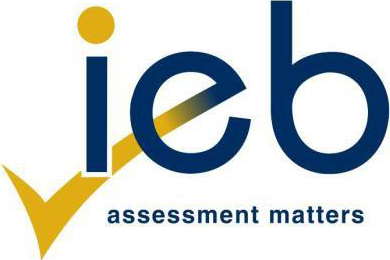Prioritising Humanity: An update on St Stithians’ ongoing response to AI
Since February 2023, our College has used a multi-pronged approach to respond to the phenomenon of AI in our classrooms. Through the hard work of two dedicated teams – Research, and Policy Development, and various staff members pursuing their interest in AI, we have surveyed our students, our staff three times, mined the global and local storehouses of research documents and position papers on AI in education, and consulted with knowledgeable experts in the field, parents, and our own staff.
Our Research Team, together with our Digital Learning Coaches, quickly crafted an easy-to-use infographic to guide teachers to manage AI in their classrooms. As the months progressed, the EU passed the world’s first AI Act into law. UNESCO released its AI Competency Framework for Educators, and the digital landscape became full of AI in Education training modules across multiple platforms.
As our Teams collaborated across schools and specialisations, four insights emerged strongly as requiring our attention and action. First, AI – specifically LLM based GPTs – has introduced a different layer of potential inequity into student achievement: students who have a very strong command of written English are much more likely to get good GPT outputs than students who do not – the GIGO Garbage In Garbage Out principle amplified. It is a no-brainer then that a second critical factor is an intentional focus on crafting excellent prompts - and refining them. Third, the need for each school, possibly each subject, to develop a moderated prompt library, becomes essential. Lastly, there is no ‘opt-out’ escape for teachers from AI. Each teacher must take responsibility for keeping pace with developments, as daunting as that might be. And, unlike previous EdTech innovations, AI - which is not actually ‘EdTech' - does have the potential to sabotage learning and teaching if not carefully managed: continual staff development will, permanently, be essential in the AI space. A further teamwork insight is that, at a College level, as a unique co-ordinate model South African school, we need a targeted and integrated response across our complex system of systems. We are working on this.
At Saints, because we like to be responsive rather than reactive, we have adopted a principled, human-centred approach to incorporating AI into our teaching and learning. Focusing on staff training as a priority, schools are ensuring that all their teachers complete the Microsoft AI for Educators modules. A key group of College educational leaders recently spent five intensive hours with Wayne Hugo, Professor of Education at UKZN; his core interest is using education to improve humanity which resonates strongly with our human-centred AI response. The staff were deeply engaged by his approach which balances the possibly significant benefits of teachers’ harnessing AI with matter-of-fact insights into its real threats to knowledge building.
We are close to finalising a detailed St Stithians AI in Education Guideline. We have devised an AI Evaluation Instrument for roll out to staff to monitor the uptake of GPTs in our College. We have an emerging list of recommended GPTs for teachers – TeachSmart, KhanMigo and MagicSchool AI for example. At a leadership level, through AI Roadshows in each school, we are supporting staff to navigate uncertainty and we will learn from their insights, concerns and queries.
Aligned with our Methodist ethos, adopting a principled human-centred approach is focused on our teachers and students: freeing up their time to be creative, to extend their expertise, to deepen their critical thinking, and, most importantly, to leverage the best AI might have to offer so that they can direct their attention and effort to that most inimitable of human abilities - building strong relationships which are the heart and soul of excellent teaching.
We would like to believe, with scientist and theologian Professor Ilia Delio, that "AI should not be seen as opposing humanity but as a partner in advancing consciousness and fostering deeper interconnectedness. By aligning technological advancement with spiritual growth, [we can] envision[s] a future where AI contributes positively to human flourishing". We will watch the AI space with rigour, vigilance and informed optimism.
#InspiringExcellence #MakingAWorldOfDifference #sAInts #One4AllAll4One #PurposeInspired #PassionDriven #StrongerOneAndAll




